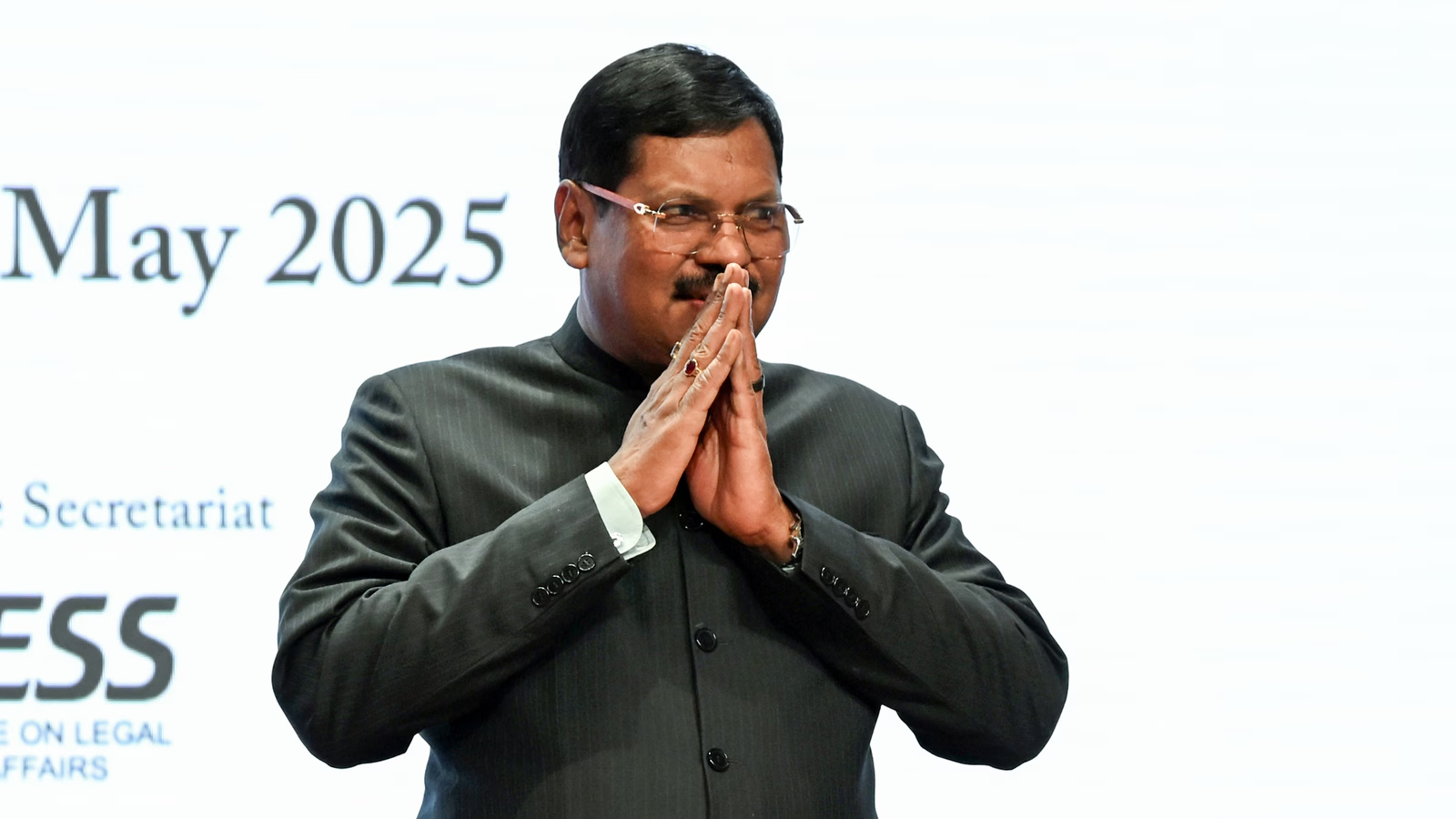Reclaiming Forgotten Freedoms: CJI Gavai Revives ‘Bail is the Rule’ at Krishna Iyer Memorial

Introduction
In a candid and significant address, Chief Justice of India BR Gavai has acknowledged that the foundational principle of criminal jurisprudence, “bail is the rule, jail is the exception” has been somewhat neglected by courts in recent times. Speaking at the 11th Justice VR Krishna Iyer Memorial Law Lecture at the Kerala High Court on 6 July 2025, CJI Gavai emphasised his recent efforts to revive this principle while adjudicating high-profile bail matters such as the cases of Prabir Purkayastha, Manish Sisodia, and K Kavitha.
The CJI’s remarks underscored the continuing relevance of Justice VR Krishna Iyer’s transformative contributions to bail jurisprudence, prisoners’ rights, and the broader balance between fundamental rights and directive principles in the Indian Constitution.
Factual Background
The Chief Justice’s lecture, delivered in Kochi and hosted by the Sarada Krishna Satgamaya Foundation for Law and Justice, reflected on Justice VR Krishna Iyer’s pioneering work that laid the groundwork for a progressive, rights-based approach to bail.
Justice Iyer, in Gudikanti Narasimhulu v. High Court of Andhra Pradesh (1978), had famously posed the question “Bail or Jail?” and advocated for protective yet non-onerous bail conditions, stressing that “heavy bail from a poor man is obviously wrong.” He saw extended pre-trial detention of undertrials as an affront to the constitutional promise of liberty.
CJI Gavai lamented that this approach was gradually eroded, with courts often defaulting to incarceration rather than applying the principle that bail should be the norm. He noted that he had the opportunity in 2024 to reiterate this principle in several sensitive cases, including:
- Prabir Purkayastha, arrested under the Unlawful Activities (Prevention) Act (UAPA) by Delhi Police.
- Manish Sisodia, Aam Aadmi Party leader, arrested in connection with the alleged Delhi liquor policy scam.
- K Kavitha, Bharat Rashtra Samithi leader, arrested in the same investigation.
In each case, benches led by CJI Gavai scrutinised the legality of the arrests and pulled up investigating agencies for procedural lapses.
Arguments & Broader Concerns
CJI Gavai’s observations echo the Supreme Court’s repeated concerns about the misuse of stringent laws like the UAPA and PMLA, where the presumption often shifts to “jail is the rule and bail an exception.” In the Manish Sisodia bail proceedings, the Supreme Court had pointedly remarked that lower courts have sometimes “forgotten” the settled principle, preferring to “play safe” by routinely denying bail.
The CJI stressed that Justice Krishna Iyer’s philosophy remains a guiding light: undertrials should not be kept behind bars indefinitely without trial, and bail conditions should not become punitive for the poor.
Judicial Reasoning & Reference to Precedents
Highlighting Justice Iyer’s humanistic approach, the CJI cited landmark judgments that shaped Indian bail jurisprudence:
- Gudikanti Narasimhulu (1978): where Justice Iyer outlined factors like the time already spent in custody and the likely delay in appeals, opposing excessive sureties and heavy bail.
- Justice Iyer’s wider rulings in cases like Ediga Anamma, Rajendra Prasad, and Sunil Batra, which tackled issues ranging from the death penalty to prisoner rights and the humane conditions of incarceration.
These precedents championed the view that the criminal justice system must protect personal liberty and dignity, even for those accused of grave offences.
Implications for Future Cases
The CJI’s candid remarks send a clear signal: courts must re-centre the principle that bail is the norm, not the exception, even when adjudicating cases under harsh special statutes. This could have practical implications for trial courts and high courts, nudging them to avoid blanket denials of bail and adopt a more nuanced, rights-conscious approach.
For investigating agencies, the lecture serves as a reminder that procedural safeguards cannot be sacrificed in the zeal of prosecution. Arbitrary or excessive pre-trial detention risks violating the fundamental rights guaranteed by the Constitution.
Policy Considerations
Justice VR Krishna Iyer’s legacy, as invoked by CJI Gavai, is a compelling call for the judiciary to balance security concerns with individual liberty. His jurisprudence rejected the idea that procedural technicalities or stringent statutes should overshadow the promise of human dignity and fair trial.
The CJI’s effort to revive this “forgotten principle” is especially timely as India continues to grapple with the challenges posed by preventive detention laws, economic offences under the PMLA, and anti-terror laws like the UAPA.
Conclusion
Chief Justice Gavai’s tribute to Justice Krishna Iyer was more than ceremonial; it was an urgent reminder that the judiciary must remain steadfast in protecting personal liberty, especially for undertrials. His intervention in the Sisodia, Kavitha, and Purkayastha cases signals a conscious effort to realign the criminal justice system with the constitutional promise that “bail is the rule, jail is the exception.”
This legacy, shaped by Justice Iyer’s vision of a judiciary infused with compassion, equity, and constitutional fidelity, continues to illuminate the path toward a humane and rights-respecting legal system.
For more details, write to us at: contact@indialaw.in
By entering the email address you agree to our Privacy Policy.



